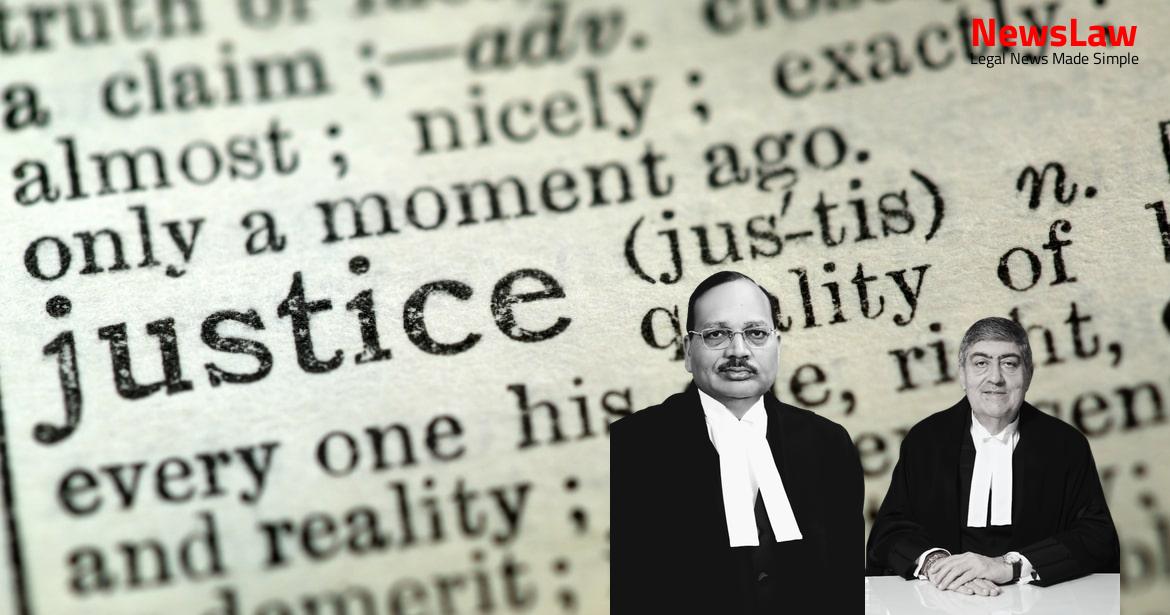The case discusses the imperative need for prompt appointments of High Court Judges to address the significant vacancies impacting the judiciary. The focus is on the legal analysis of the Memorandum of Procedure’s timelines for appointments and the collaborative effort between the Government, Supreme Court Collegium, and relevant authorities. Delays in the appointment process are being addressed to streamline the judiciary’s functioning. Follow for more on judicial reforms and timely justice.
Arguments
- Appointment position in High Courts presented by Attorney General
- Sanctioned strength of 1080 Judges
- 664 Judges appointed currently
- 416 vacancies for Judges
Also Read: Electoral Malpractices in Mayor Election
Analysis
- The Memorandum of Procedure (MoP) provides specific timelines for the appointment of Judges to the High Court.
- Certain timelines have been prescribed for different stages of the appointment process.
- There are delays in making recommendations for existing vacancies and upcoming vacancies.
- Emphasis is placed on Chief Justices of High Courts to recommend vacancies in a timely manner, even if not all at once.
- The process involves recommendations by the Chief Justices, processing by the Ministry, and final approval by the Supreme Court Collegium.
- There are significant vacancies in the High Courts, impacting their functioning.
- Several recommendations made by the Supreme Court Collegium are pending with the Government for a considerable period of time.
- Efforts are being made to expedite the appointment process, with some progress seen in recent weeks.
- There is room to initiate a new appointment process without waiting for the results of previous recommendations.
- Some High Courts have hesitated to make recommendations when earlier lists are still pending.
- The judicial element is predominant in the case of appointments.
- Judicial review is not needed unless there is want of consultation with named constitutional functionaries or lack of eligibility conditions in the appointment.
- Delay in the appointment process is not justiciable.
- Following timelines for appointments is advisable to facilitate timely appointments.
Also Read: Balancing Power and Transparency: Electoral Bonds Struck Down, Disclosure Mandated
Decision
- Government to make appointment immediately based on Supreme Court Collegium’s recommendation
- Government to send back recommendation with reasons if reservations exist
- Supreme Court Collegium to reconsider if reservations exist
- If Supreme Court Collegium reiterates the recommendation unanimously, appointment to be processed within 3 to 4 weeks
- Collaborative exercise expected to be prompt for timely justice
- IB to submit report within 4 to 6 weeks from date of recommendation
Also Read: Recall of Resolution Plan Approval: Legal Analysis
Case Title: M/S PLR PROJECTS PVT. LTD. Vs. MAHANADI COALFIELDS LIMITED (2021 INSC 262)
Case Number: T.P.(C) No.-002419 / 2019



